This week has been the examinations week to close up the Second Term for the private school where my two children are enrolled. As usual, I had been following up with keen interest the various papers as they had partake in. Fully aware that the examinations were to end today, I asked them upon reaching home yesterday, what papers they were to write today. Apparently, the entire school (KG 1 to JHS 3) were all to take only Mathematics papers today.
Knowing that there were days they wrote two papers and other days they did three subjects, I got puzzled. Why did the different segments of students write multiple subjects on different days but set up Mathematics to be sat for solely by all students on a particular day? I began to understand the genesis of Maths-phobia in Ghana/Africa. If in Class Three and Class Five, students are being given the impression that Mathematics is so ‘special’ that it ought to be written as a stand-alone subject and sat across an entire school, does it not create a certain mystery about it?

Thinking through this, my mind was cast to a workshop I attended two weeks ago. This was an event organized by the Ministry of Environment, Science, Technology and Innovation (MESTI) to promote Science, Technology, Engineering and Mathematics (STEM) education in Ghana. Participation in the workshop was varied and all institutions that had anything to do with the promotion of STEM were there – Centre for Scientific and Industrial Research (CSIR), Ghana Science Association (GSA), Ghana Mathematics Society (GMS), Ghana Association of Science Teachers (GAST), Curriculum Development and Research Division of the Ghana Education Service (GES), Ghana Academy of Arts and Sciences (GAAS), Institute of ICT Professionals (IIPGh), Ghana Institution of Engineering (GhIE) and the Institution of Engineering and Technology (IET) Ghana, a body I currently lead. The Workshop was opened by the Deputy Minister for MESTI, Mrs. Patricia Appiagyei, MP with other addresses by officials of the Ministry as well as that of GES.
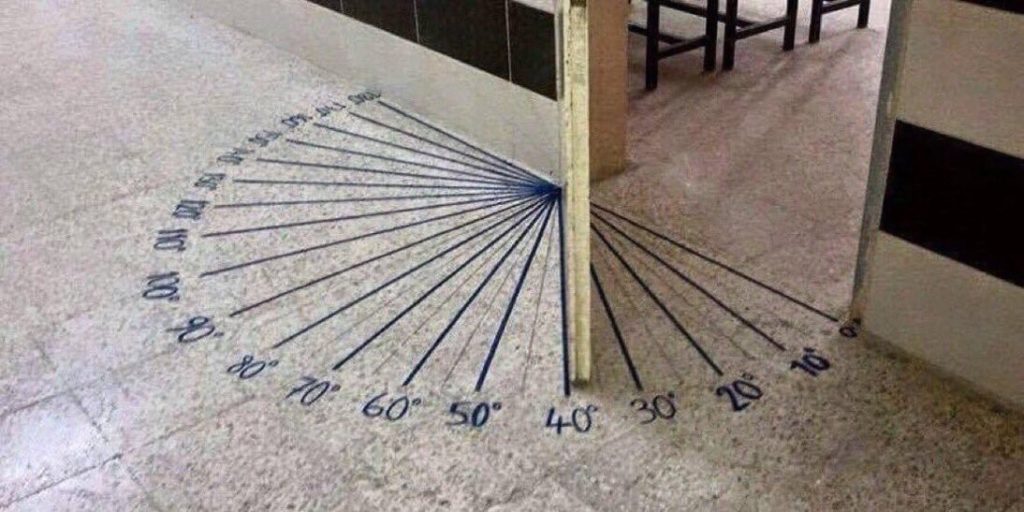
As we settled down to discuss the gravamen of the matter, I was among others, moved by the passion with which the subject of Maths education alone took. This was sparked by Prof. Sitsofe Enyonam Anku of the Mathematical Society, who had strongly opined that the country didn’t seem to take the education of Mathematics seriously, a situation, he challenged the Deputy Minister and other officials to seriously take up. In response, many of the other participants had argued that it was about time that the study of Mathematics got demystified in order to make it a lot more attractive to study and less fearsome to students. The Deputy Minister, for instance gave a personal example of a nephew who tried avoiding any subject that had a shred of Mathematics imbedded in it and struggled all through. Eventually, the young boy had to travel abroad for further his education. The methodology in Science and Mathematics education there was so innovative that the boy did not just begin enjoying the study of Mathematics but actually topped his class and won several awards for same.
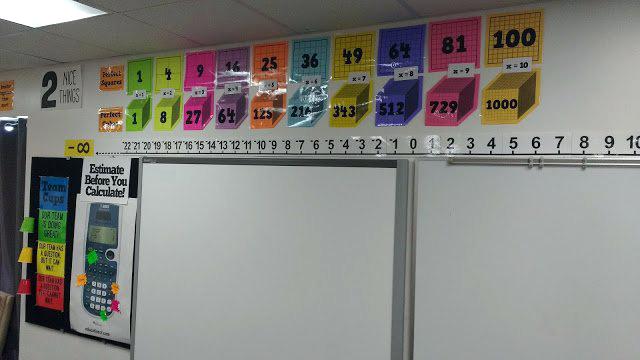
Coming back home. This illustration, reminded me of my College days when I suffered a similar fate. I had enjoyed the tuition of Maths in Forms One and Two by very young and exciting teachers, Mr Koranteng and Mark Forjoe only to be met in Form Three by a Catholic Priest (Rev. Fr. Joseph Acquaye) whose zeal to get us switch from the JSP (Joint Schools Project) Mathematics series to the Modern Mathematics Series that had just been introduced, got a better part of him. One got to Form Four only to be met by a flamboyant Maths teacher (Mr Ayensu) who made minced meat of any topic and got students look stupid if they were unable to solve supposedly ‘simple’ Geometry, Algebra, Quadratics, etc. He would take snap breaks to smoke off a cigarette stick and return with new examples which he’d always break down to the minutest details just to get students to fully understand but it was never that simple. The study of Maths appear never to have gotten any much easier along the road of education. Again, I recollect how back in the sacred College, we had a Senior Science and Mathematics Block which houses the Sixth-form Science students unmistakably led for decades by Rev. Bro. Frederick McGlynn (aka Old Freddie) and this Biology teacher by name, Great Onassis. On a number of doors to the study rooms and laboratories of this block were the inscriptions, ‘High Brains at Work’, something that kept many weak Maths students constantly approaching the enclave with great fear and trepidation.
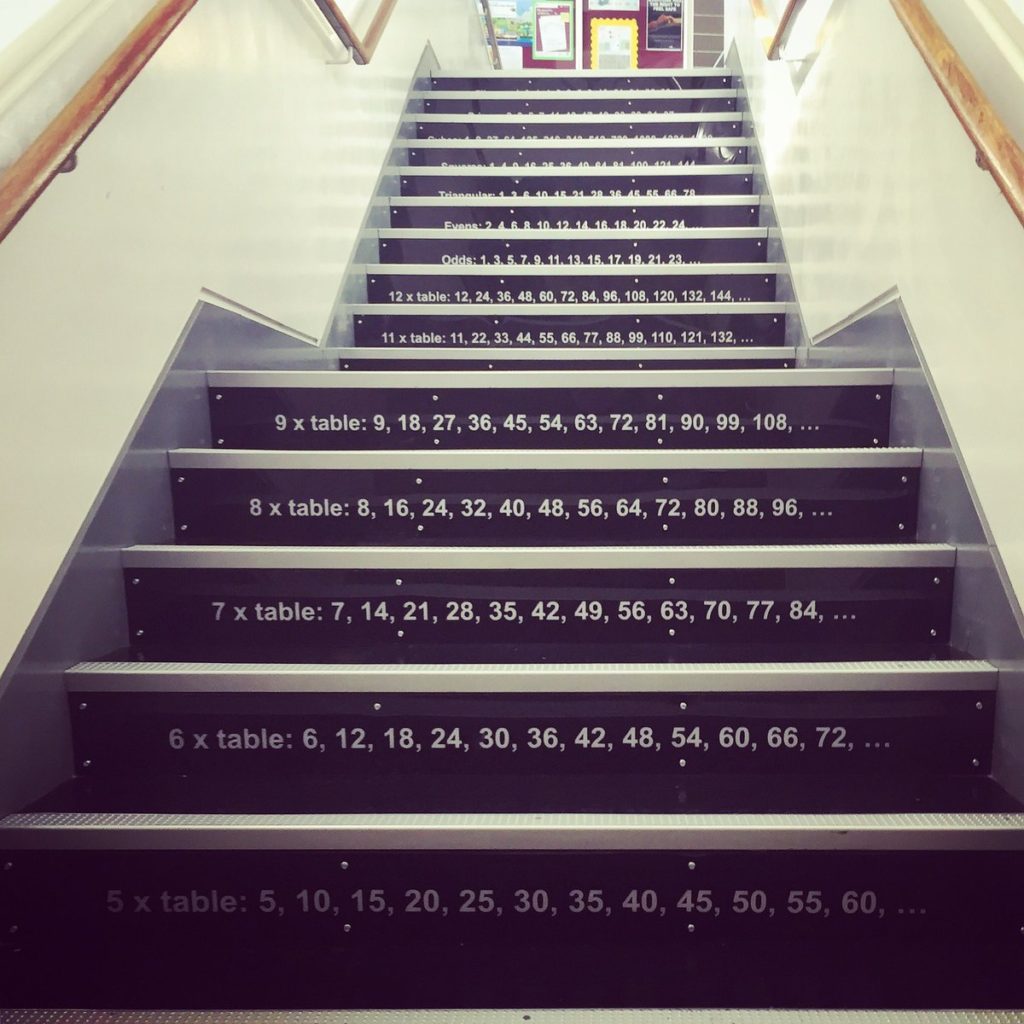
Thus, I was not in the least surprised that most of my workshop colleagues in the STEM event challenged the delegates from GAST, GSA and GMS to introduce innovations that would ensure that the study of Mathematics was enjoyed by students and not merely endured whilst it lasted.
In Ghana, the Minister of Environment, Science, Technology and Innovation, Prof. Kwabena Frimpong-Boateng, has recently announced that the government was committed to the utilization of a minimum of 1% of the country’s Gross Domestic Product (GDP) towards the promotion of research and development expenditure for Science, Technology, Engineering and Mathematics (STEM) education in Ghana. He had added that in many advanced countries, conservative estimates have placed the direct and indirect contribution of mathematical and physical sciences to the economy to some 25%. In a view he shared which I fully subscribe to, Prof Frimpong-Boateng posited that if Ghana did not show strong commitment to Mathematics and Science, it will not be possible for the country to translate scientific developments into economic gains. He also announced that a national Science, Technology and Innovation (STI) fund was soon to be established to support the development of the nation’s STI system, adding that the framework for that STI programme will be backed by legislation to ensure continuity from one administration to the next adding that legislation is being drafted for the Research and Development fund as well.
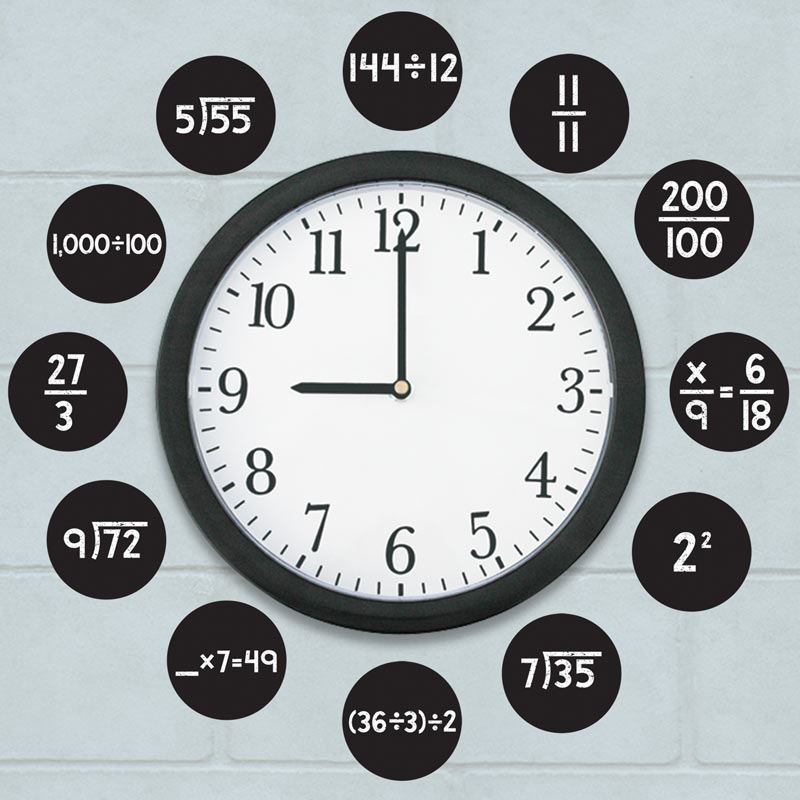
While at this, I remember seeing on my Facebook page a few weeks ago, a post by one of my friends showing pictures of how a school in one Scandinavian country had inscribed various motives, artworks, etc on their floors and walls and used their doors, staircases, etc to illustrate various mathematical concepts. In Africa, the abacus in the last two decades, has become a key tool in aiding children to improve their numeracy skills. Various clubs have over time been formed in several privately-owned basic schools to promote this. Again, in some of the high profiled Secondary Schools, the use of robotics has in recent years become a key ingredient in attracting students to get interested in the study of Mathematics and by extension, STEM. Robotics is even more attractive because it deploys ICT skills, something that the current generation of young people are extremely fascinated about.
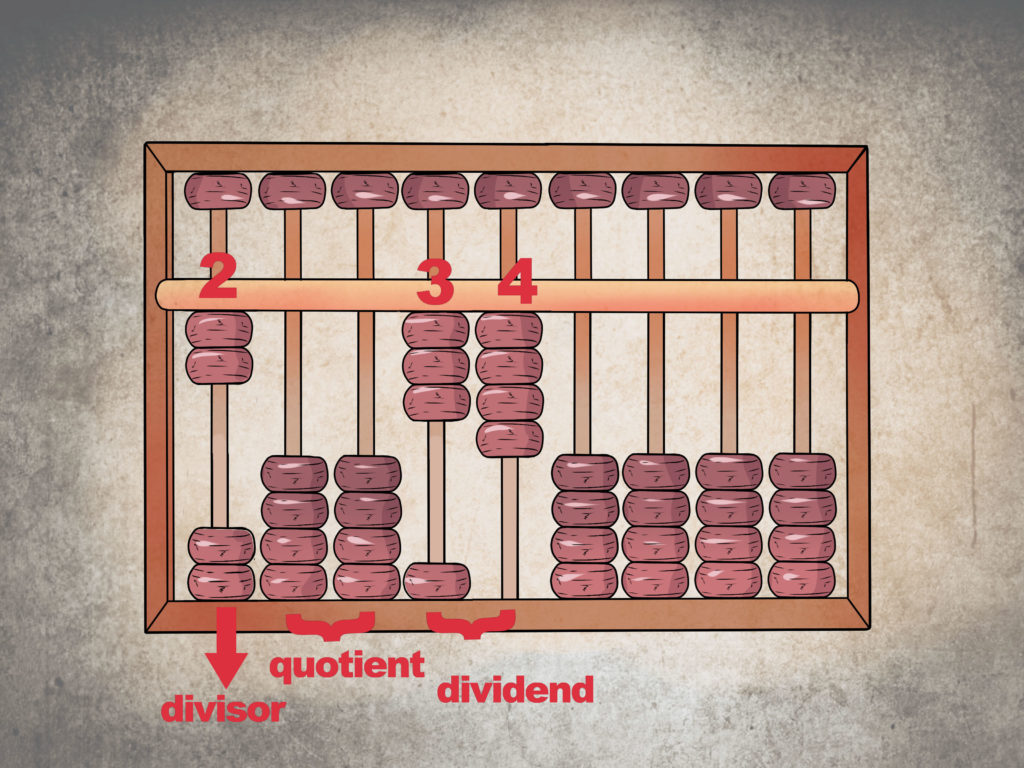
It is about time that authorities in our educational sector began deploying a combination of these tools (depending on affordability, setting, etc) to enhance the teaching and learning environment for Mathematics education. Let’s de-mystify Mathematic education, because it’s only in doing so, that we can open up the study of STEM that would eventually serve as a catalyst in propelling the technological advancement of our country.
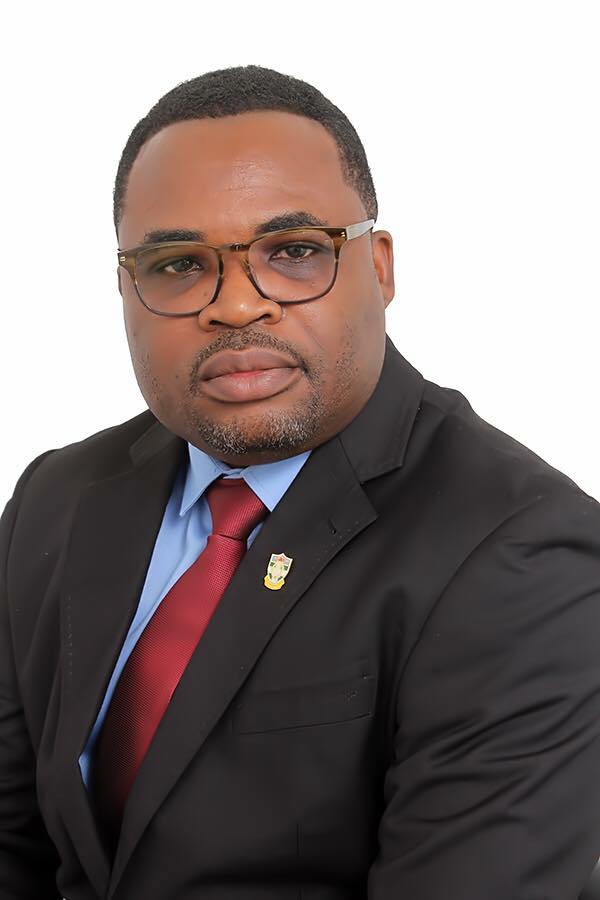
My dear friend,


Trackbacks/Pingbacks